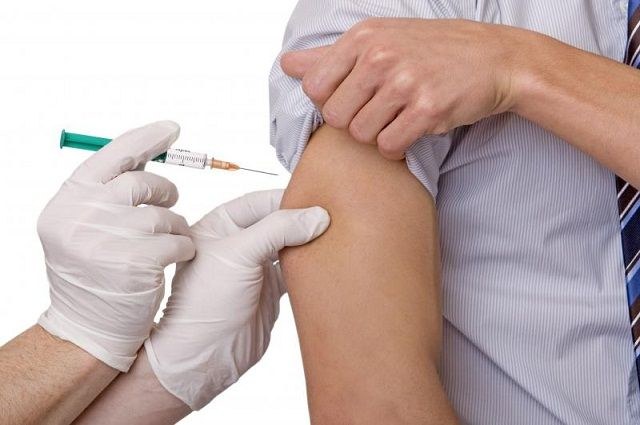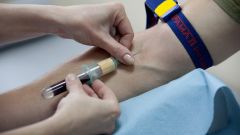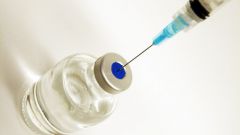Instruction
1
Vaccination is carried out according to the established schedule and register in individual vaccination certificate. Before vaccination, you should consult a doctor for determining health status by collecting medical history and purpose of laboratory tests. General clinical analysis of blood (UAC) and the General clinical analysis of urine (OAM) are the basic tests that must pass before inoculation.
2
The results of the General analysis of blood can reveal the presence of hidden inflammation in the body, allergic reactions. The doctor evaluates the number of white blood cell count, lymphocyte count, erythrocyte sedimentation rate (ESR), percentage of neutrophils, eosinophils. The blood General clinical analysis of rent from the finger in the morning on an empty stomach in the clinical diagnostic laboratory at the medical facility. The day before the blood investigation is recommended to refrain from eating fatty and fried foods, to eliminate from the diet alcoholic beverages. Before analysis, you should avoid physical exertion and emotional excitement to obtain reliable results. Immediately before donation of blood for clinical analysis is necessary to sit, calm down within 10-15 minutes.
3
General clinical analysis of urine are done to detect possible abnormalities of the kidneys, occurring without clinical manifestations. In the morning after the hygiene of the genital area using soap or intimate gel, you should gather the middle portion of urine in a sterile container for biological material. Proporciona capacity, indicating the surname, name, patronymic and date of collection, the urine should be delivered to conduct the study in the laboratory within 1 hour. The day before delivery of the analysis it is necessary to refrain from excessive fluid intake.
4
To obtain reliable results it is necessary to observe the rules of preparation for the tests and rules for collection of biological material. After reviewing the results of these tests, your doctor may prescribe directions for further surveys and laboratory studies to find drugs to correct the condition of the body or to give you a vaccination. In the presence of severe allergies, vaccination should be delayed until the period of its remission. This will avoid complications after vaccination related to the possible development of allergic reactions to the injected drug.








